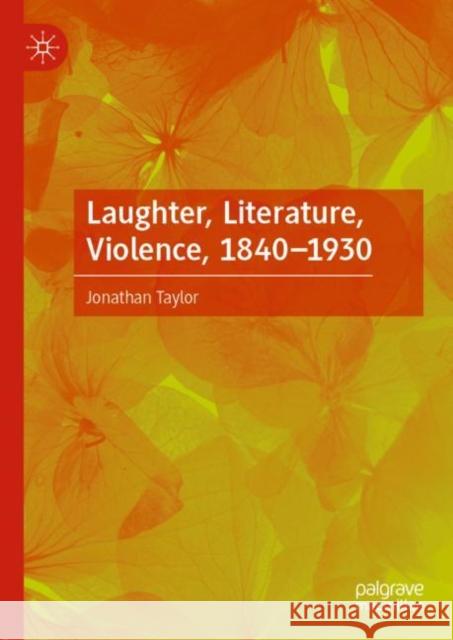Laughter, Literature, Violence, 1840-1930 » książka
topmenu
Laughter, Literature, Violence, 1840-1930
ISBN-13: 9783030114121 / Angielski / Twarda / 2019 / 258 str.
Kategorie:
Kategorie BISAC:
Wydawca:
Palgrave MacMillan
Język:
Angielski
ISBN-13:
9783030114121
Rok wydania:
2019
Wydanie:
2019
Ilość stron:
258
Waga:
0.47 kg
Wymiary:
21.01 x 14.81 x 1.6
Oprawa:
Twarda
Wolumenów:
01
Dodatkowe informacje:
Wydanie ilustrowane











